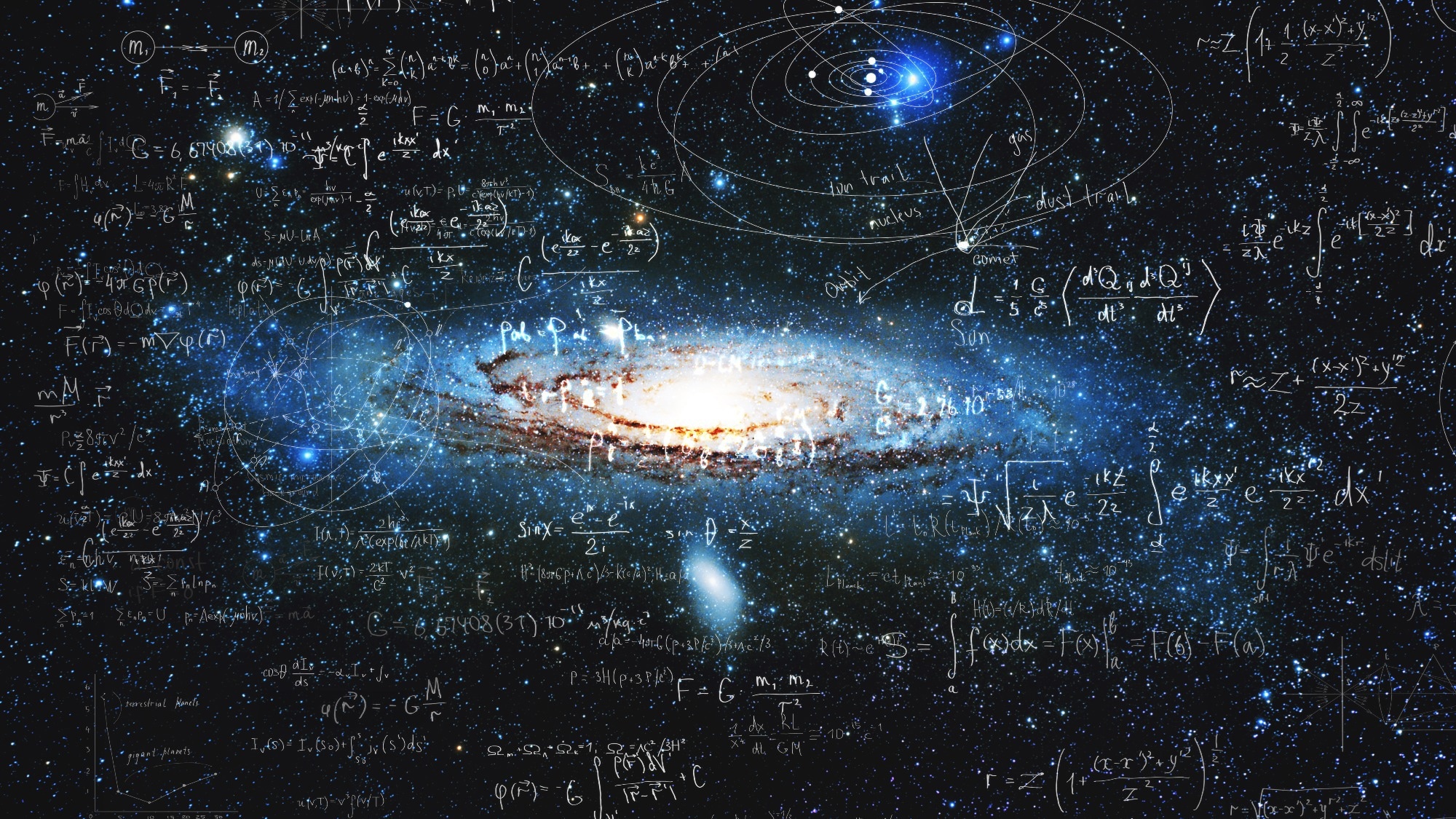The European Research Council (ERC) has awarded an Advanced Grant to David Mateos, an ICREA researcher in the Department of Quantum Physics and Astrophysics and member of the UB Institute of Cosmos Sciences (ICCUB), to use holography in the field of gravitational waves. The HoloGW project has been granted funding of 2.5 million euros to tackle unresolved issues in cosmology and astrophysics from a new perspective.

Image Credit: Lia Koltyrina/Shutterstock.com
Gravitational waves are slight disturbances in space-time, as postulated by Einstein's theory of general relativity.
The first detection in 2015 was a real experimental revolution. Almost everything we knew at the time about the universe was based on the light coming to us from all directions.
David Mateos, ICREA Researcher, Department of Quantum Physics and Astrophysics, University of Barcelona
The UB researcher emphasizes the significance of the discovery: “Listening to the universe through gravitational waves is as ground-breaking a change as adding sound to silent films.”
The goal of the ERC-funded project HoloGW is to capitalize on this experimental breakthrough and obtain a profound knowledge of “the properties of quantum matter that generate gravitational waves” through the application of holography, a technology derived from string theory.
Mateos added, “This matter is often found in extreme conditions, such as in the early universe, in neutron star or black hole mergers, near a space-time singularity, and so on. This makes it very difficult to study with conventional methods.”
Mateos is optimistic that holography will help resolve fundamental challenges in astrophysics and cosmology that have been unresolved for many years.
Advanced Grants, a Fundamental Tool to Promote Research
The European Research Council (ERC) has awarded 255 Advanced Grants, totaling an investment of 652 million euros, to support cutting-edge research across various disciplines such as humanities, social sciences, physics, and medicine. This grant is considered the most prestigious and competitive offered by the Council, as it enables researchers to pursue projects that could lead to major scientific breakthroughs.